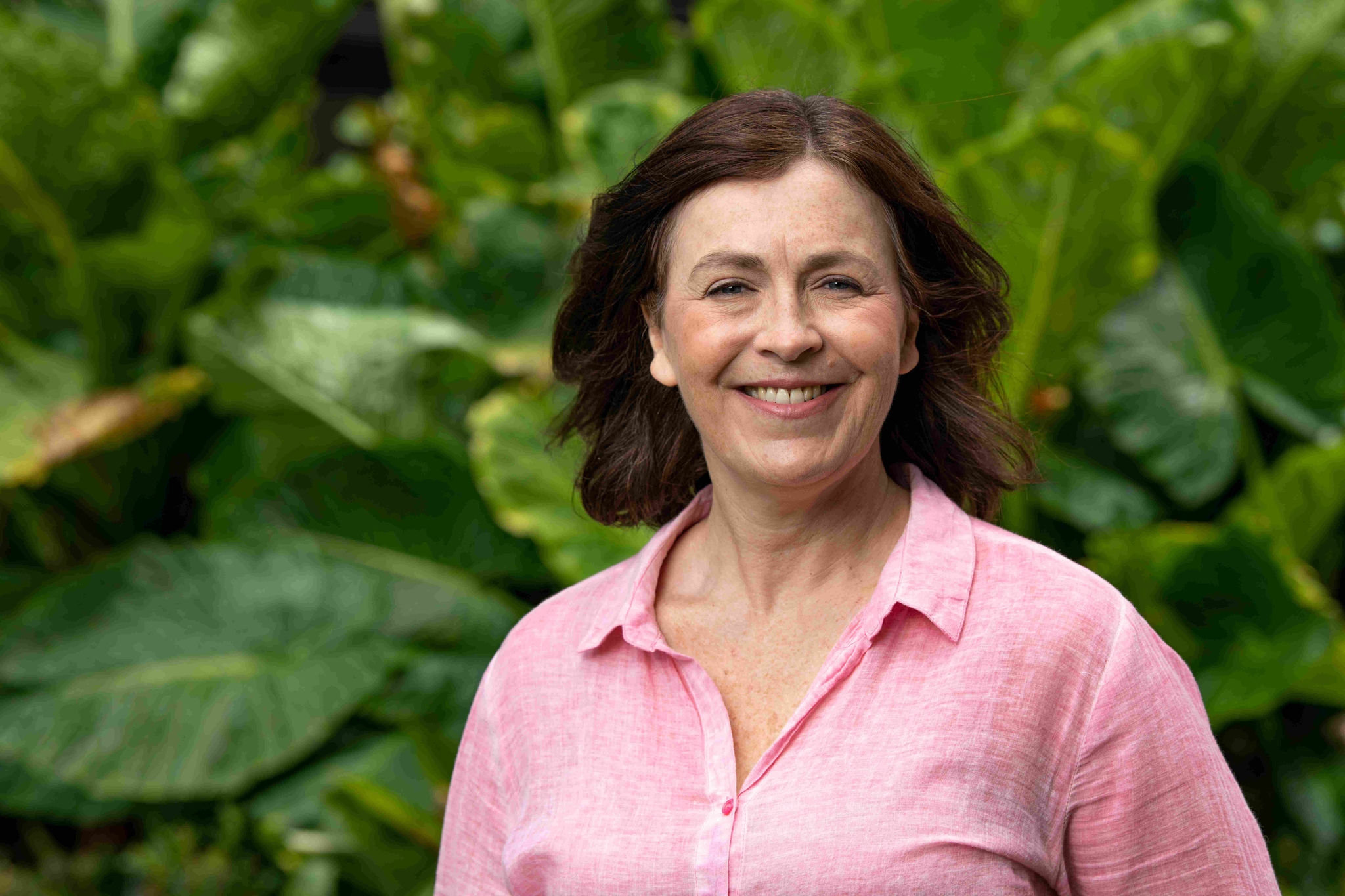Navigating breast cancer treatment in Australia- what do I do?
This blog is intended for anyone who has a breast cancer diagnosis, or for carers, family members or friends of somebody who has breast cancer and is about to begin their treatment journey.
A cancer diagnosis can bring on a range of emotions.1 Yet it’s important to remember you are not alone, as breast cancer is the most commonly diagnosed cancer in Australian women.2 Overall, in 2022, breast cancer accounted for 12.7% of all new cancers diagnosed in Australia.3 But with prompt detection and treatment, the prognosis can be very encouraging.4 Here we offer some guidance around early treatment steps, as well as interacting with your primary treating doctor/care team during your treatment journey.
First steps
There are several steps that usually occur after a breast cancer diagnosis.5 Firstly, your GP will likely refer you to a primary treating doctor, which could be either a surgeon with a clinical interest in breast cancer or a medical oncologist.6 Your cancer may be discussed at a multidisciplinary team (MDT) meeting, which may involve radiation oncologists, surgeons and breast cancer nurses who will develop a recommended treatment plan.5,6,7 Your care team will then discuss with you what they believe are the right treatment steps for your case .6
As breast cancer can have many types of cancer cells the treatment options vary. They may include surgery, chemotherapy, radiotherapy, targeted therapy, hormone-blocking therapy and/or immunotherapy .5,8-11 Which type of treatment you’ll receive depends on several factors such as tumour biology, your unique situation, health and your preferences. 11,12 Your treatment plan will cover all the relevant details .7,12 It may also be the case that not all treatments will be available at your local treatment clinic, and you may need to make plans to travel elsewhere for a period of time. 13
You have a say too!
Always remember that at any stage you have the right to choose the clinical interest specialist(s) you are comfortable with, and that you feel you can trust. Your treatment should be a collaborative effort, and you should feel empowered to discuss anything you are unsure about.7,11 Your GP can also offer support here.11 It is also possible that you might know or have heard of other people whose treatment program may seem different to yours – but bear in mind that each case is unique and will usually have different goals.11,12 As always, if you are unsure or concerned about anything, have a chat with your GP and/or care team.
Background research – read reliable sources
It’s ok to do some of your own research, but if you google search ‘breast cancer’, there are more than 2,000,000,000 results alone!14 So, when doing some research, try to stick to reputable information sources, especially around treatment services. Some examples include:
- Cancer Council www.cancer.org.au
- Cancer Australia www.canceraustralia.gov.au
- Breast Cancer network Australia (BCNA) www.bcna.org.au
Your GP and primary treating doctor can also guide you further.
More information
Find out more on breast cancer today!
Disclaimer
This blog is provided for information purposes only. It is not a substitute for your own health care professional's advice. It should not be used to diagnose, treat, cure or prevent any disease. Any medical procedure or treatment carries risks. Individual treatment outcomes and experiences will vary.
References:
1. Cancer Council Australia [website]. After a diagnosis. [cited Jan. 2024]. Access: https://www.cancer.org.au/cancer-information/after-a-diagnosis#
2. Australian Government. AIHW. BreastScreen Australia monitoring report: 2022. Report release date 2022 [cited Mar. 2024]. Access from: https://www.aihw.gov.au/reports/cancer-screening/breastscreen-australia-monitoring-report-2022/summary
3. Australian Government. Cancer Australia. Breast Cancer in Australia statistics [webpage]. Last updated; Jan 2024 [cited mar. 2024]. Access from: https://www.canceraustralia.gov.au/cancer-types/breast-cancer/statistics
4. Health Direct. Breast Cancer. Page last updated; Aug. 2020 [cited Mar. 20204]. Available at: https://www.healthdirect.gov.au/breast-cancer
5. Cancer Council Australia [website]. What to expect – breast cancer. Last updated; May 2016 [cited Mar. 2024]. Access: https://www.cancer.org.au/assets/pdf/what-to-expect-breast-cancer
6. Cancer Council Australia [website]. Your health care team. [cited Mar. 2024]. Access: https://www.cancercouncil.com.au/breast-cancer
7. Brenan, M et al. Aust Fam Physician. 2006;35(3):117-20
8. Breast Cancer Network Australia. Surgery. Page last updated; July 2023. Available from: https://www.bcna.org.au/resource-hub/articles/surgery/ (accessed March 2024).
9. Meghan, LC & Pfeiffer, C. StatPearls [Internet]. Treasure Island (FL): Breast Cancer Surgery. StatPearls Publishing; Feb. 2023 (cited Feb. 2024). Access from: https://www.ncbi.nlm.nih.gov/books/NBK553076/
10. Breast Cancer Network Australia. About breast cancer. Page last updated; July 2023. Available from: https://www.bcna.org.au/resource-hub/articles/about-breast-cancer (accessed March 2024).
11. Heilat, GB, et al. AJGP. 2019; 48(9). Access from: https://www1.racgp.org.au/ajgp/2019/september/management-of-early-stage-breast-cancer
12. NSW Government. Cancer Institute NSW. Planning treatment. Page accessed; Mar. 2024 Access from: https://www.cancer.nsw.gov.au/general-cancer-information/diagnosis-and-treatment/treatment/planning-treatment
13. Australian Government. Cancer Australia. Breast cancer, Travelling [webpage]. Last updated; Oct. 2020 [page cited; Mar. 2024]. Access from: https://www.canceraustralia.gov.au/cancer-types/breast-cancer/treatment/deciding-about-treatment/travelling
14. Google [webpage]. Breast cancer [last updated; Mar 2024 [cited mar. 2024]. Access from: www.gooogle.com




